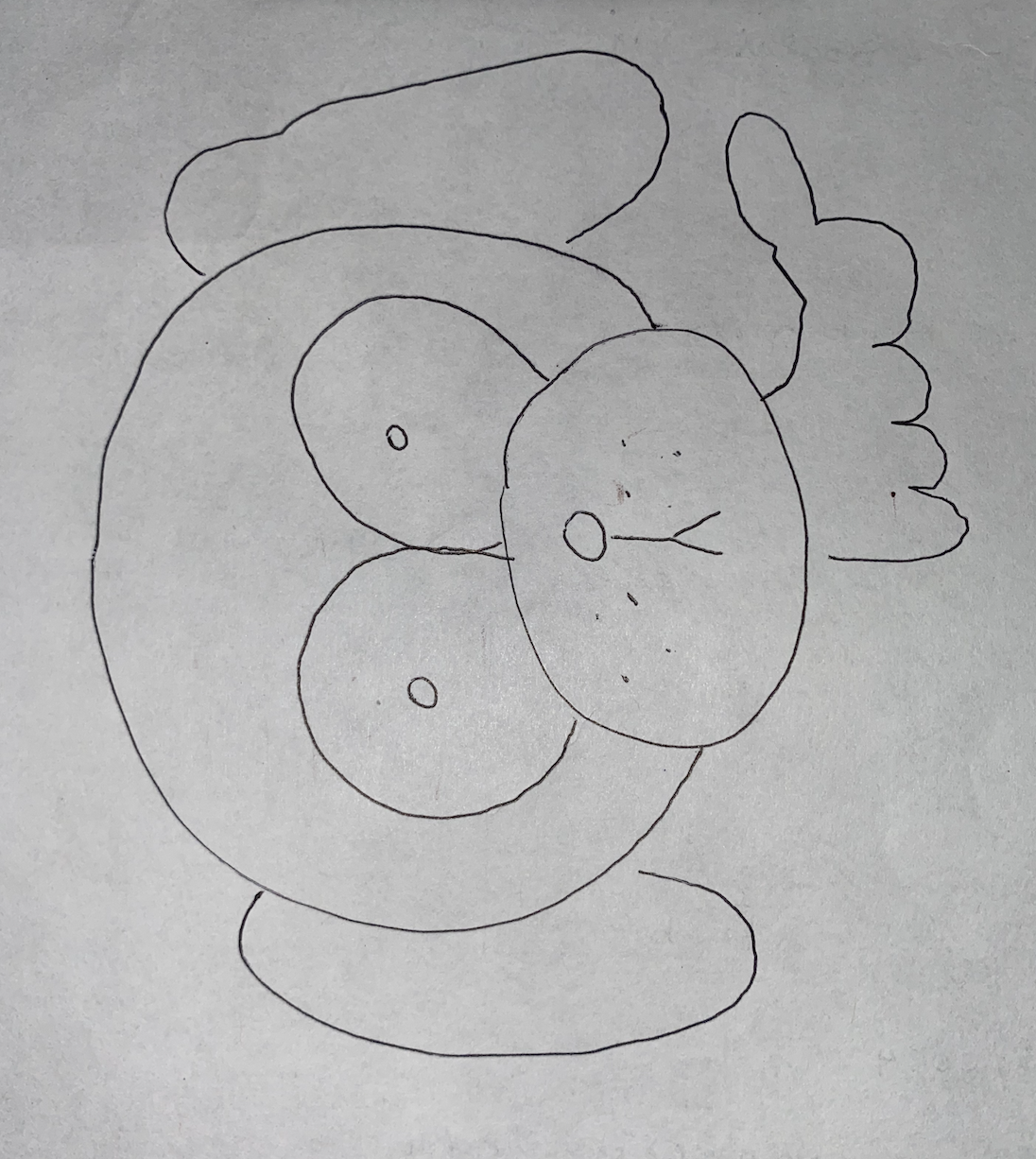Text: “Why did the chicken cross the road?” … “Because it was stupid.”
Minor Genre: Joke, Anti-Humor
Context:
M said, “When my oldest daughter B was three, she told this joke, and everyone thought it was hilarious. She was telling it to my dad and she was trying to tease him back for all of the teasing he was doing to her.”
Analysis:
Although I don’t remember my original telling of the joke, this joke has been repeated frequently over the years in my family, its hilarity stemming from the idea that someone – a three year old girl, no less – had finally put my joke-loving grandfather in his place. I grew up hearing jokes all of the time from my grandfather, who loves to tease people. This joke arose likely as a combination of frustration about hearing the same joke one too many times and a desire to make him laugh.
It is interesting to look at this joke outside of my familial context, as it serves as an example of “anti-humor.” Anti-humor is a branch of humor that relies on irony and reversals in order to create a surprise factor within an already-familiar joke. This is ironic, because the traditional form of the joke (“Why did the chicken cross the road?… To get to the other side.”) is already seen as an example of anti-humor. The listener expects a funny punchline, but instead receive a flat statement about what is logical. In turn, my family’s joke is an anti-anti-humor: the listener expects the traditional answer, “to get to the other side,” and instead receives an abrupt quip: “because it was stupid.”

